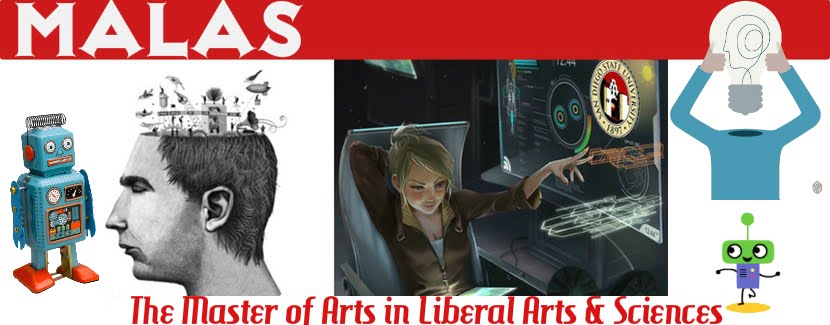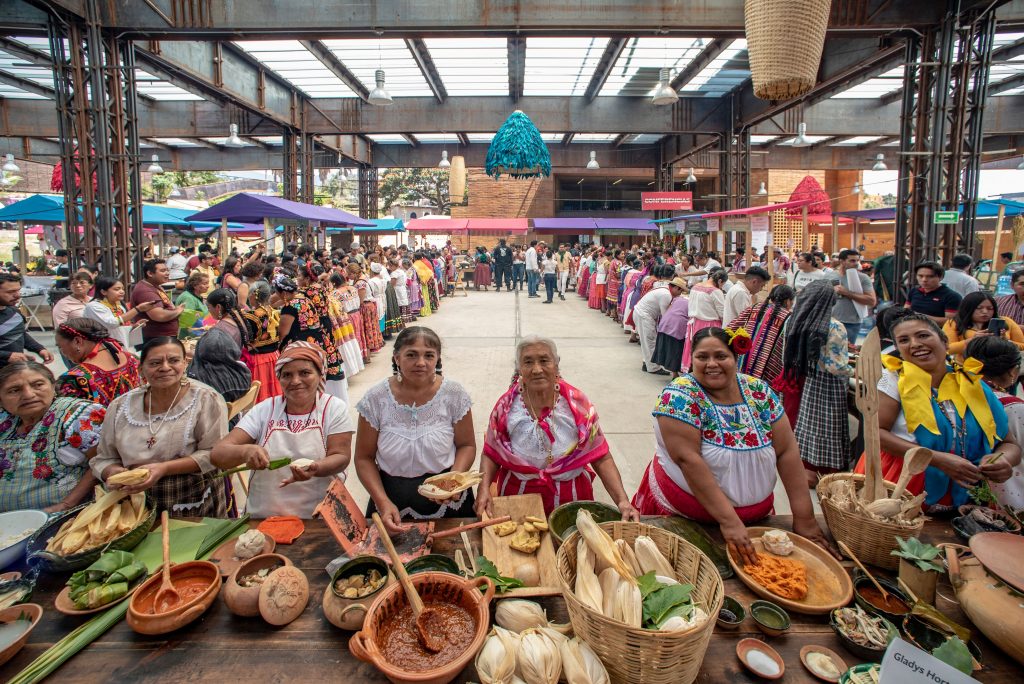New Spring 2022 MALAS Seminar: Parábolas ópticas / Optical Parables : Latin American/Latinx Literature, Art, Photography, & Cinema with Professor Bill Nericcio
Note that the course can be taken in three "flavors" depending on what program you are with (or your curricular needs) at SDSU:
01
39125
LATINX/LATINAM CULTURES
0930-1045
TTH
01
20640
LATINX/LATINAM CULTURES
0930-1045
TTH
02
39155
LATINX/LATINAM CULTURES
0930-1045
TTH
Comparative Literature 594 | MALAS 600A | LATAM 580
Parábolas ópticas | Optical Parables
Latin American and Latinx Lit, Art, Photography & Cinema
9:30am to-10:45 T/TH | NE-271 Professor William Nericcio
This is a Comparative Literature class, a MALAS seminar, and a Latin American Studies class, but it should appeal to any and all folks who are curious about the literatures and cultures of the Americas working their magic both north and south of the U.S./Mexico border).
The title of the class comes from a 1931 photograph by Manuel Álvarez Bravo entitled “Optical Parable/[Parábola Opticas]” – you can see a facsimile of it here opposite (and a self portrait of Bravo below). The photo can be read as a deep semiotic meditation on the nature of visual representation; but it can also be read as a joke, a bit, a gag – a photo of an optometrists shop printed in reverse (literally, a sight gag).
This dialectic between the deeply intellectual and the comedic will run through our class as we probe texts that are literary, photographic, painted, filmed, streaming, and more.
No expertise in Latin American or Latinx (Chicana/o/x, Boriqua/o/x, etc) literature or culture is expected or presumed nor should anyone worry if they’ve never studied film, photography, graphic narrative, or art at the collegiate level. The only requirement or prerequisite for this class is curiosity and a little drop of imagination!
The final lineup of works is still a little in flux. Readings / Screenings / Art include works by Alfonso Cuarón (y tu Mamá tambien), Myriam Gurba (pictured below), Hector Ortega, Gabriel García Márquez, Flor Garduño, Junot Diaz, Cristina Rivera Garza, Raoul Peck, Gilbert Hernandez, Tina Modotti, Orson Welles (!), Alex Espinoza, yours truly, Salvador Plascencia, and other surprises!




































